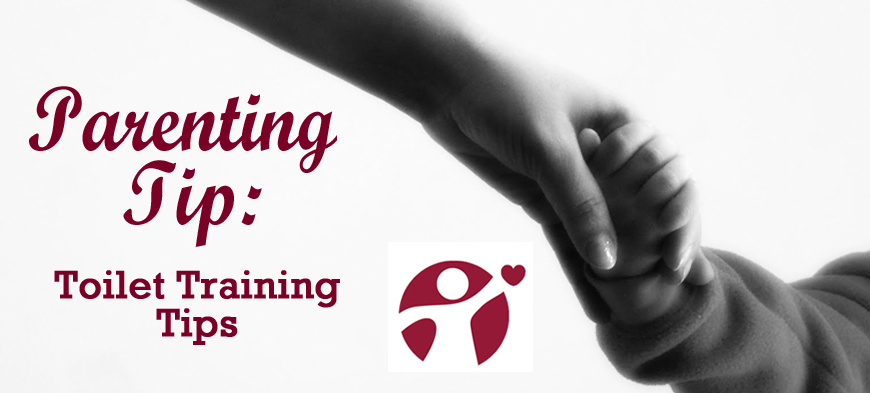Learning to use the toilet is a significant developmental milestone for children. But how do you know when your children are ready?
According to Leslie Hundt, Coordinator for Ebenezer Child Care Center’s Southside location, “When children are typically between 18 months and three years of age, they begin to exhibit signs that they are readying for potty training.”
Here are some easy tips to determine when your children are ready for potty training, how to set up for the process, and how to get it going successfully.
READY – How Can You Tell?
Hundt says signs that your children are ready to begin the potty training process include: having an interest in the toilet; waking up with a dry diaper after nap; being able to follow one- or two-step directions; and having predictable bowel movements.
She says it is also helpful if children have the language skills to express toilet words like wet, dry, pee, potty, etc.; and, if they can let you know when they have soiled their diaper.
SET – Preparing for the Big Adventure
According to Hundt, “Even if your children appear ready for the toilet training process, they may be apprehensive about using the toilet at first.
“Remember that a toilet is loud, large, and high. As exciting as this new experience is for adults and children, it can also be stressful,” she says. “If you see signs that your children are ready, help prepare them by getting a stool and a smaller toilet seat, so they feel comfortable with the toilet and allow them time to get used to the noise of a toilet.”
Other things that can be really helpful are dressing your children in clothing that is easy to take on and off; talking to your children about how you use the toilet and showing them how you use the toilet; shopping for new big boy or big girl underwear to get them excited about the process; and having a large supply of extra clothing on hand in case they have an accident.
GO – Things to Remember Along the Way
Hundt recommends that you set your children up for potty training success by establishing a schedule where you can encourage your children to “sit” on the toilet at regular intervals. When your children do this, you should also be ready to provide them with positive reinforcement and remain calm, positive, and supportive.
The key to remember, according to Hundt, is that you must maintain consistency yet be willing to adjust your children’s schedule based on their progress.
“Once you start with underwear, keep the underwear. No more diapers or pull ups. And recognize that accidents will occur.”
It is also just fine to have different expectations for sleeping than when your child is awake.
Learning to use the toilet is a process and takes time. With positive encouragement, consistency, and clear communication, children will learn to use the toilet independently.
Ebenezer Child Care Centers is a not-for-profit, locally based agency committed to providing early childhood programs from the heart. The agency prides itself on being different from other child care providers in that it offers a home-like atmosphere; individualized, nurturing care; and a structured curriculum that is virtues-based for every child’s developmental stage.
Every Ebenezer Child Care Center focuses on all aspects of a child’s development: cognitive, physical, emotional, and social. In addition to providing quality care, the agency also offers other educational programming all aimed at helping parents.
The agency has locations in on Milwaukee’s southside and in downtown Milwaukee, Oak Creek, and West Allis/Wauwatosa. The agency’s main office is located at 1496 South 29th Street, Milwaukee. For more information, please call 414-643-5070 or visit the agency’s website at www.ebenezerchildcare.com.

